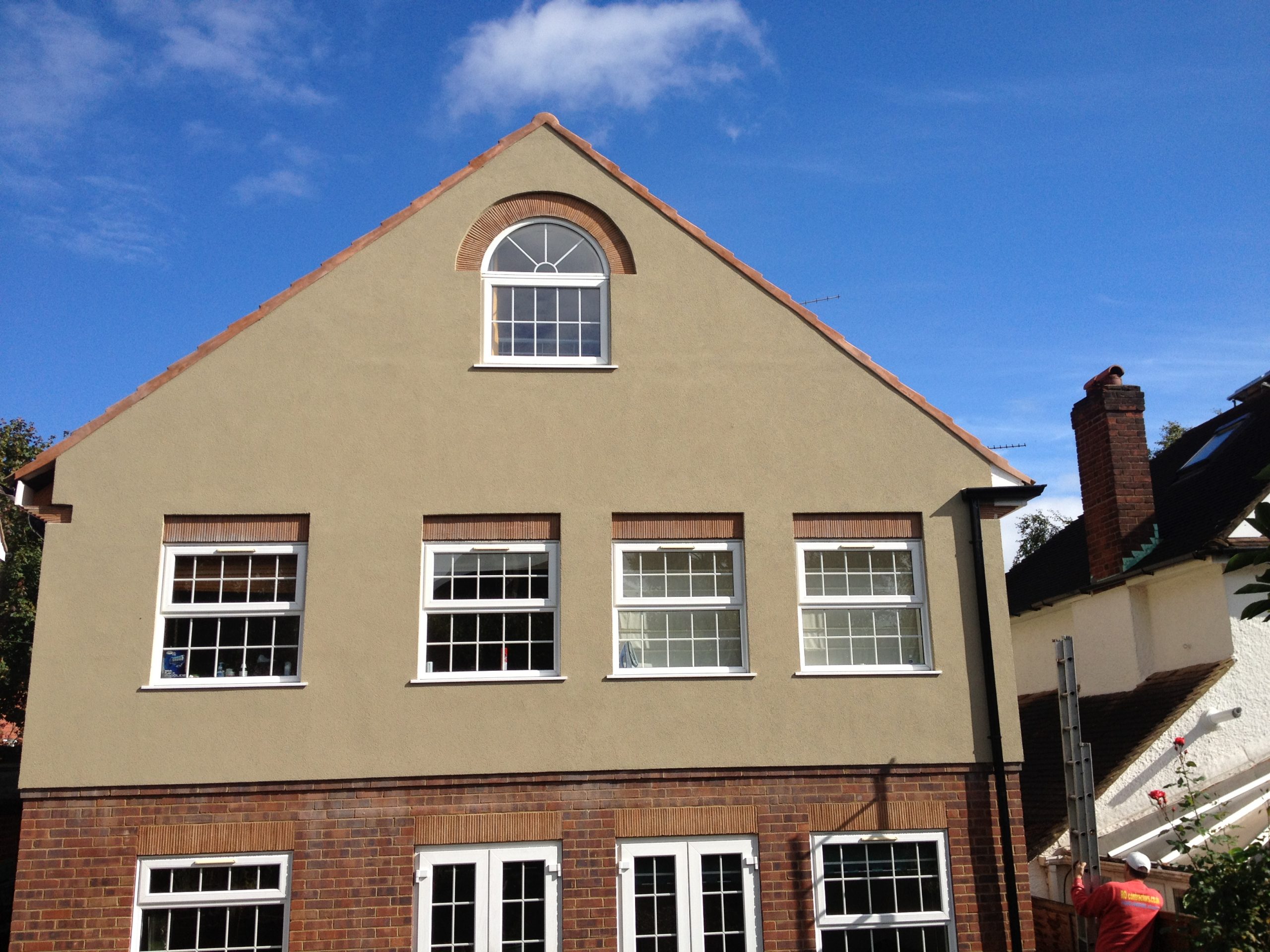Two-thirds of UK homes fail to meet energy efficiency targets according to a BBC study. For this reason, more than 12 million homes are in need of improvement.
What is an energy efficient home?
A house that needs less energy. Additionally, it can offer healthier and cleaner living conditions (free of mould, moisture and condensation).
The closer to A, the more efficient the house is, meaning it should have lower energy bills and a smaller carbon footprint. Eventually, the G rating is at the other end of the scale. C is just above average.
In 2019 a target was signed up for Britain to reach 2050 with net zero carbon.
What does “net zero” mean?
Net zero refers to achieving a balance between the amount of greenhouse gas emissions produced and the amount removed from the atmosphere. There are two different pathways to net zero, which work together: reducing existing emissions and actively removing greenhouse gases.
Mainly the four major emitting sectors are transport, energy supply, business (commercial use of electricity) and the residential sector (home heating).
What improvements can be made to your home with the Government Green Grants?
Main measures for two-thirds of UK homes that fail on energy efficiency targets
Insulation
- wall insulation
- underfloor insulation (solid floor, suspended floor)
- loft insulation
- flat roof insulation
- insulation of pitched roofs, of rooms on the roof, of a single-family house
Low carbon heating
- air source heat pump
- geothermal heat pump
- solar thermal (liquid-filled flat plate or evacuated tube collector)
- biomass boiler
- hybrid heat pump
Secondary measures
Windows and doors and heating and insulation controls

